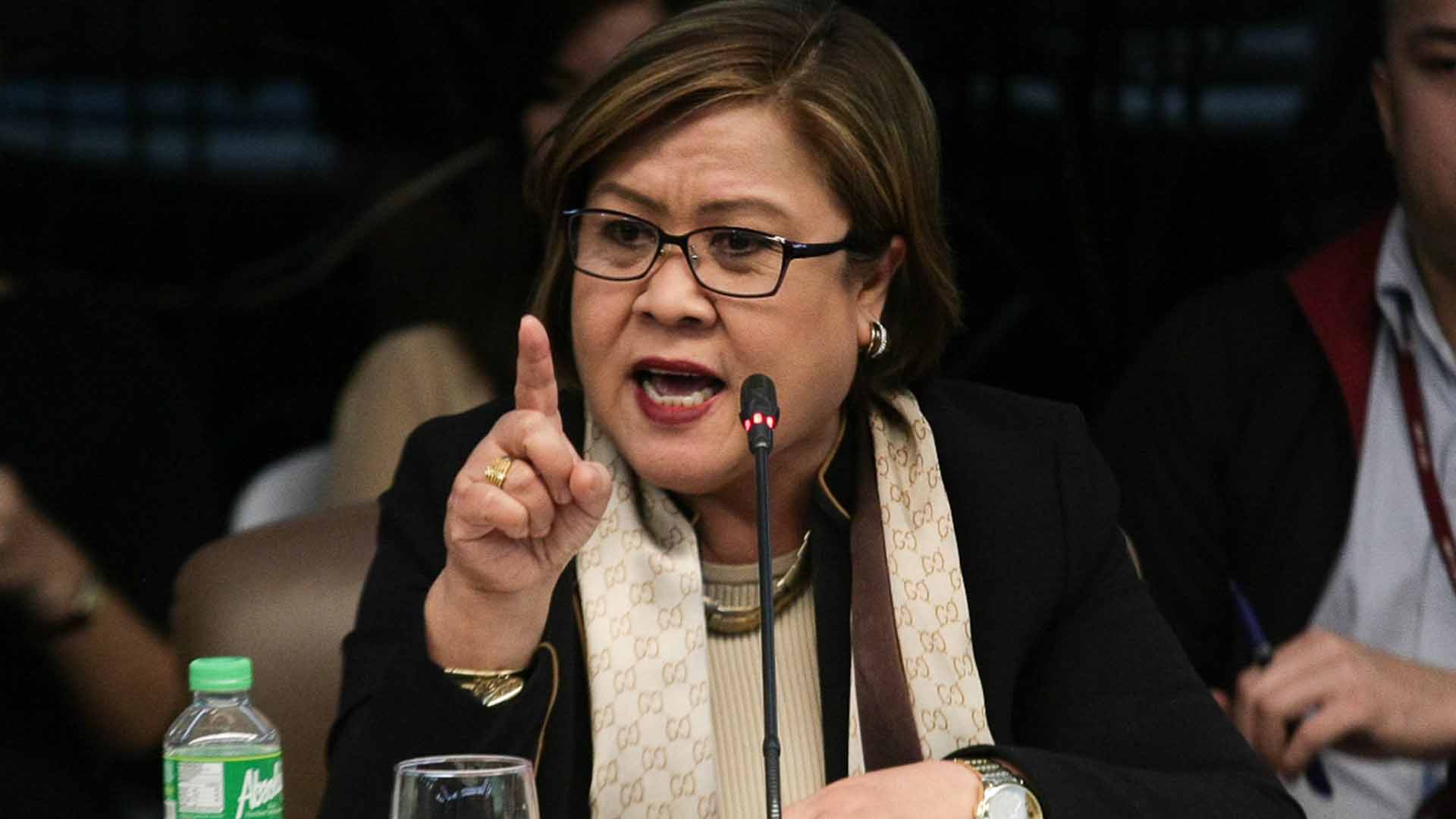Opposition Senator Leila M. de Lima has proposed a Senate measure seeking to prohibit black sand mining operations in the country which continue to wreak environmental havoc while placing people’s health and livelihood at great peril.
De Lima, who chairs the Senate Committee on Social Justice, Welfare and Rural Development, filed Senate Bill (SB) No. 1075 which imposes stiff penalty and hefty fines against individuals engaging in black sand mining in the coastal areas of the country.
“Sad to say, notwithstanding the alarming adverse effect of exploration and extraction of black sand or magnetite on the environment and human life, and despite government efforts to curb illegal activities relative thereto, black sand mining operations have been proliferating in different parts of the county,” she said.
Based on studies by environmental groups in areas where black sand mining activities are common, operations have shown to have contributed greatly to the depletion of fishery resources, erosion of land and severe flooding.
De Lima cited the situation in Cagayan province where the adverse effects of illegal mining of black sand are obvious, such as the crumbling houses because the sand underneath it is getting eroded, the lessening harvests as the fields were inundated by saltwater, and the suffering fisherfolk due to reduced catch.
“One of the areas affected by black sand mining operations showed a growing number of cases of skin and lung diseases attributed to the black sand mining and noted other related diseases such as severe eye irritation and hernia,” she added.
While there are three existing laws in the country on black sand mining, De Lima said a law which directly prohibits black sand mining in the country is yet to be passed, causing some unscrupulous mining operators, mostly foreign nationals, to work in connivance with local government officials to operate illegally.
“The fear of danger to the lives and property of residents, massive residential displacement, saltwater flooding, [a]nd loss of fishing livelihood right due to exploration and mining operations, [among others], necessitate the passage of a law that completely stops black mining in the Philippines and imposes stiff penalties for violation thereof,” she said.
In 2014, 23 Chinese nationals were arrested in Cagayan for alleged illegal extraction of black sand along the coastline of Aparri while 14 Chinese nationals were apprehended in Camarines Norte for illegal black sand mining.
Under SB No. 1075, all dredging permits should require that all dredge materials, including sand and gravel, collected in sites where black sand or magnetites exist, will be disposed on government-controlled dredgefills.
Likewise, dredging permits should require a prior certification from the Mining and Geosciences Bureau, and Department of Environment and Natural Resources (DENR) on whether black sand or magnetites exist in the proposed mining sites.
Under SB No. 1075, it is prohibited for any person, natural or juridical, to engage in black sand or magnetite mining in the coastal areas of the country, and likewise unlawful for any person, natural or juridical, to appropriate any and all dredge materials collected in sites where black sand or magnetites exist.
The De Lima bill also seeks to impose stiff penalties to include imprisonment of not less than six years but not more than 12 years, and fine of not less than PhP1 million but not more than PhP10 million, to proven offenders. An alien offender shall be deported immediately after the service of sentence and payment of fine.
In the 17th Congress, De Lima filed Senate Bill No. 960 banning the extradition of black sand due to the harmful effects on people living near mining sites where they suffer illnesses, their houses destroyed, and their livelihood compromised. (senate.gov.ph)







